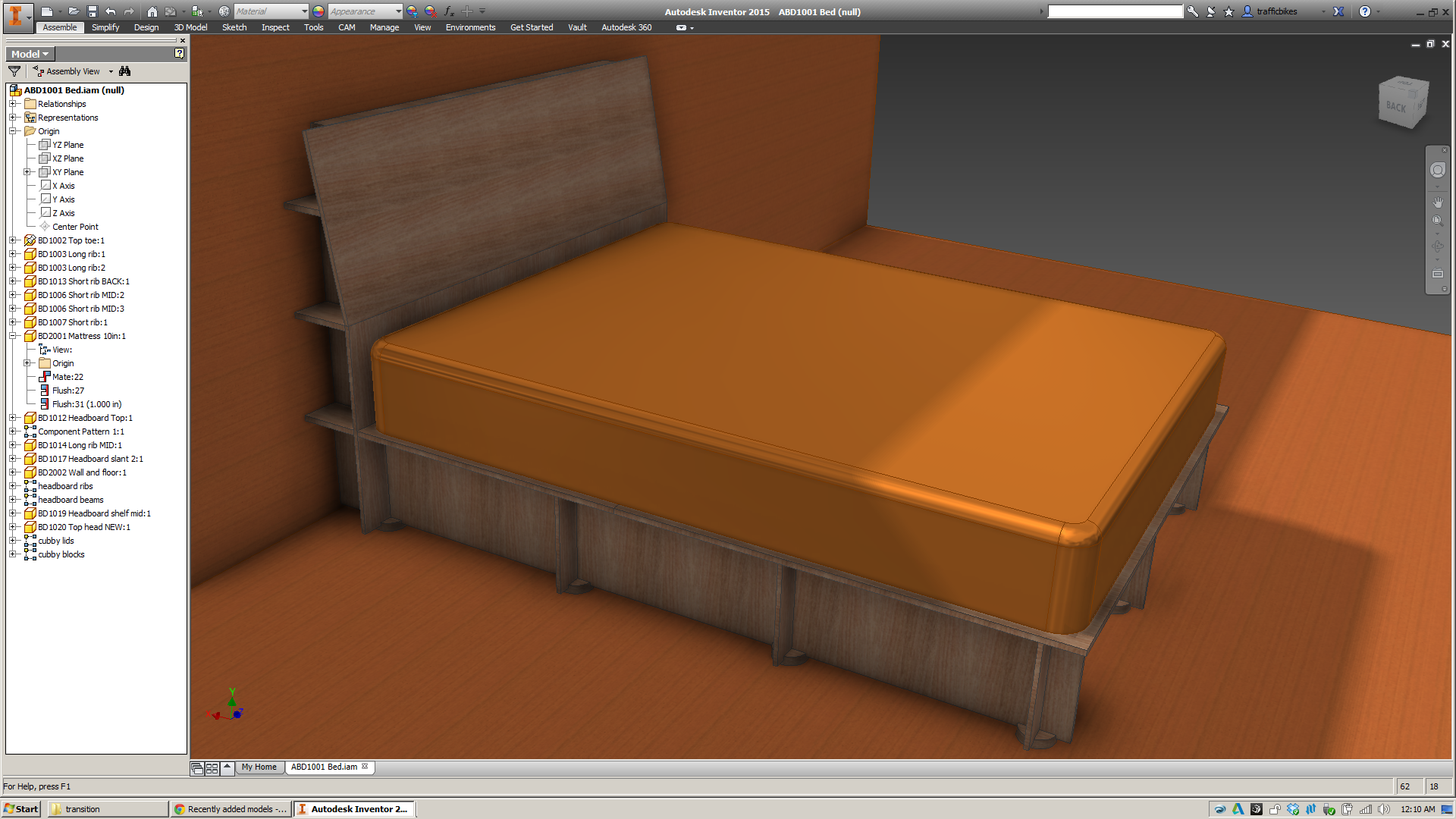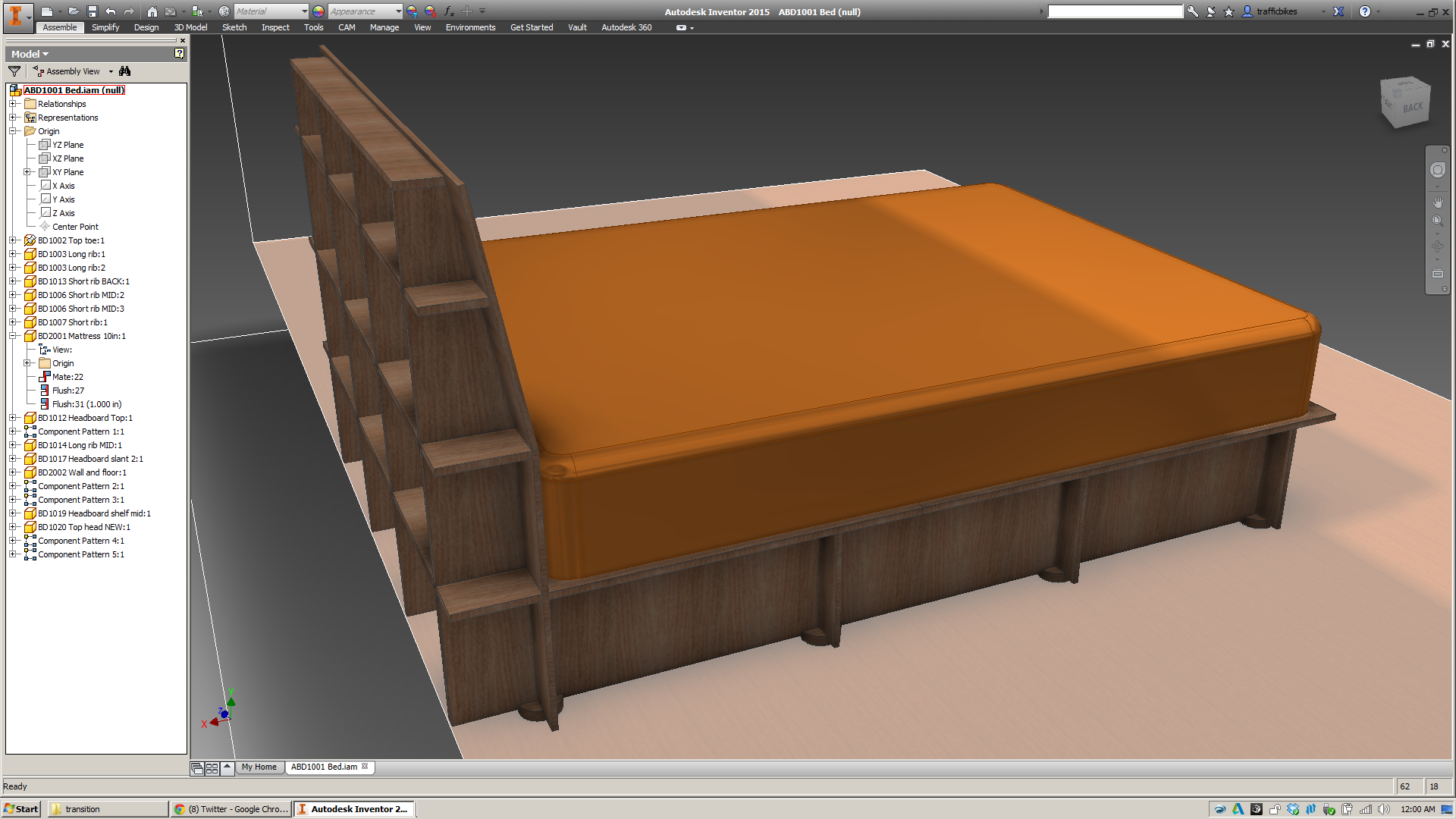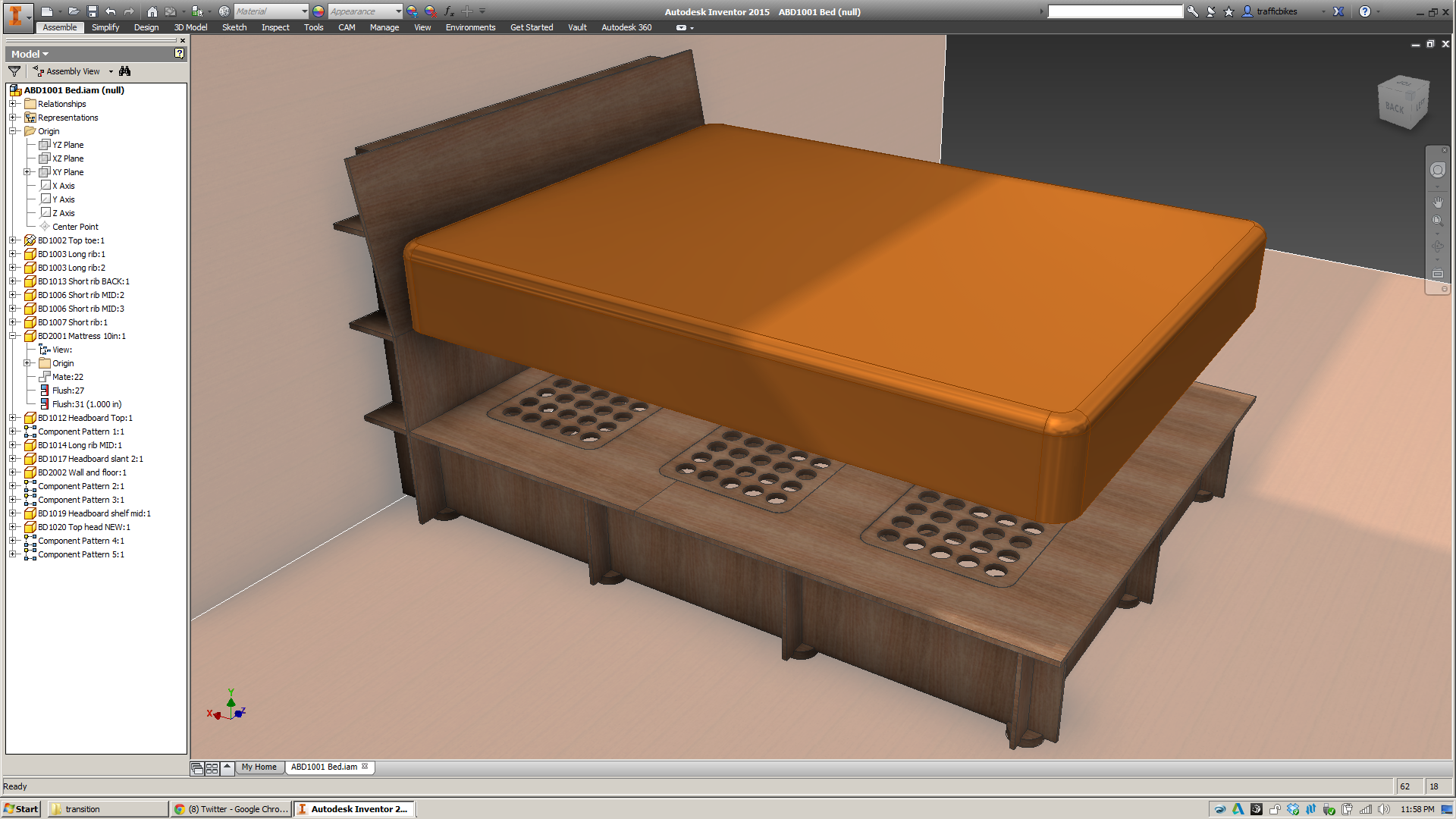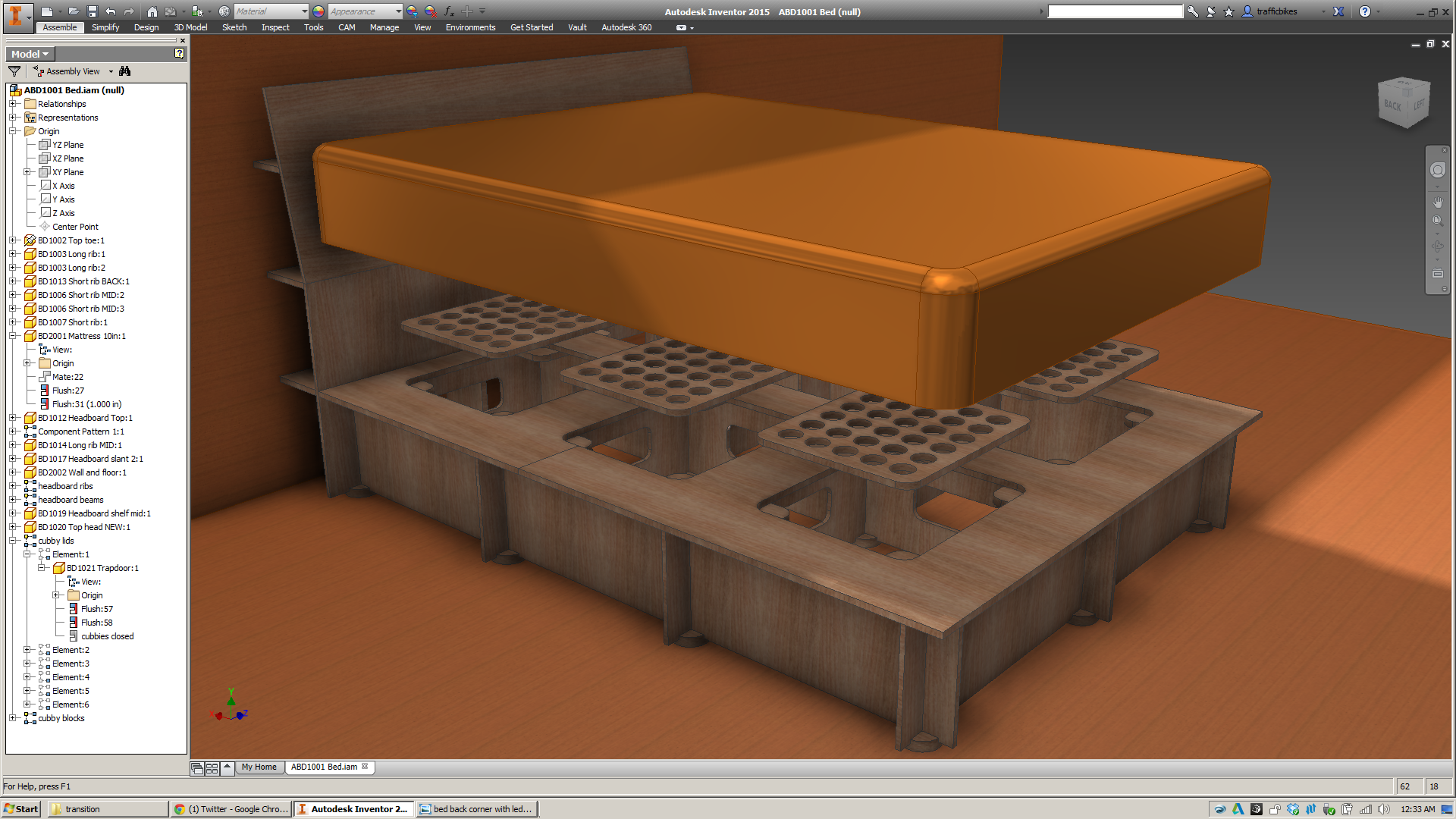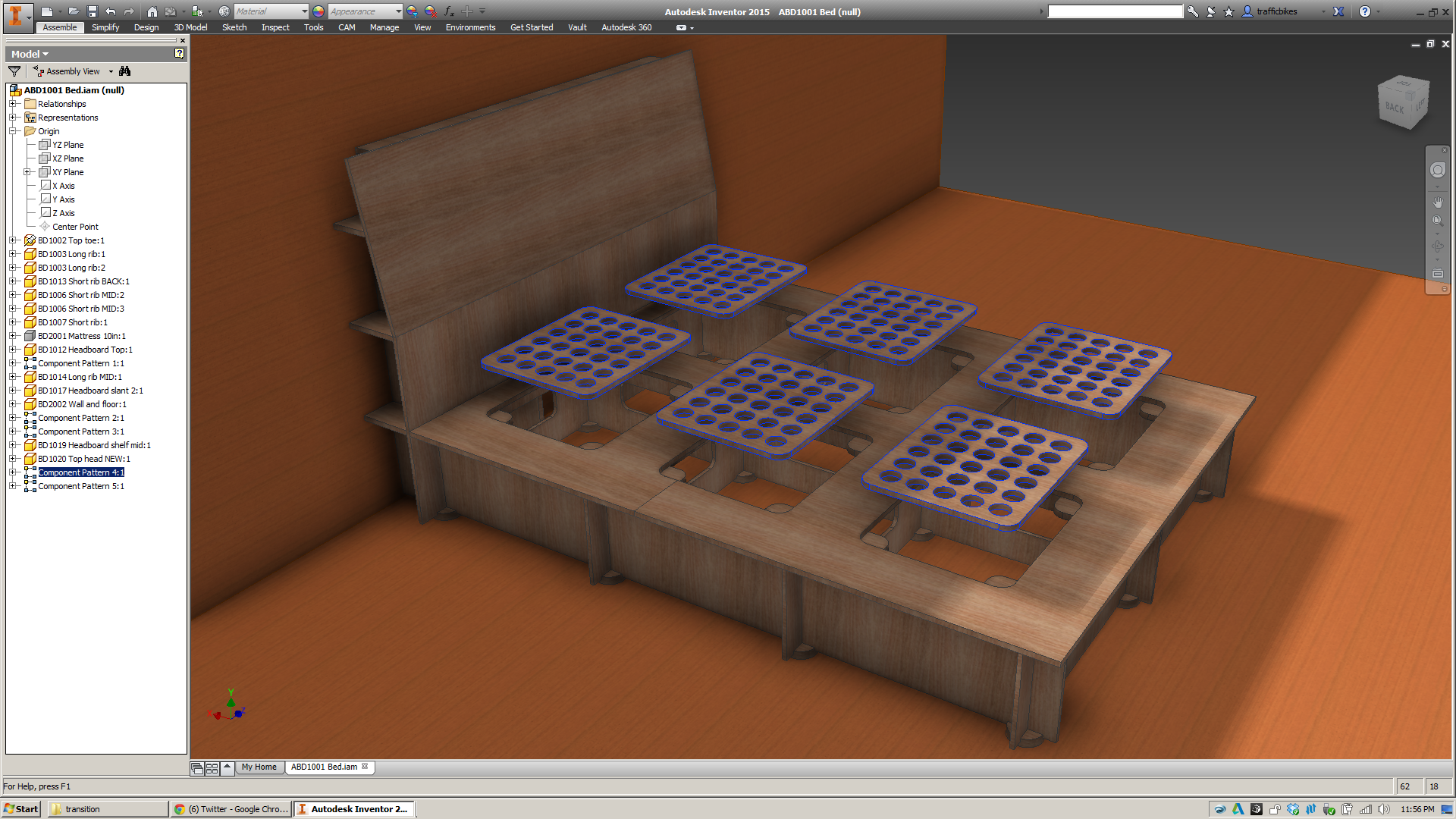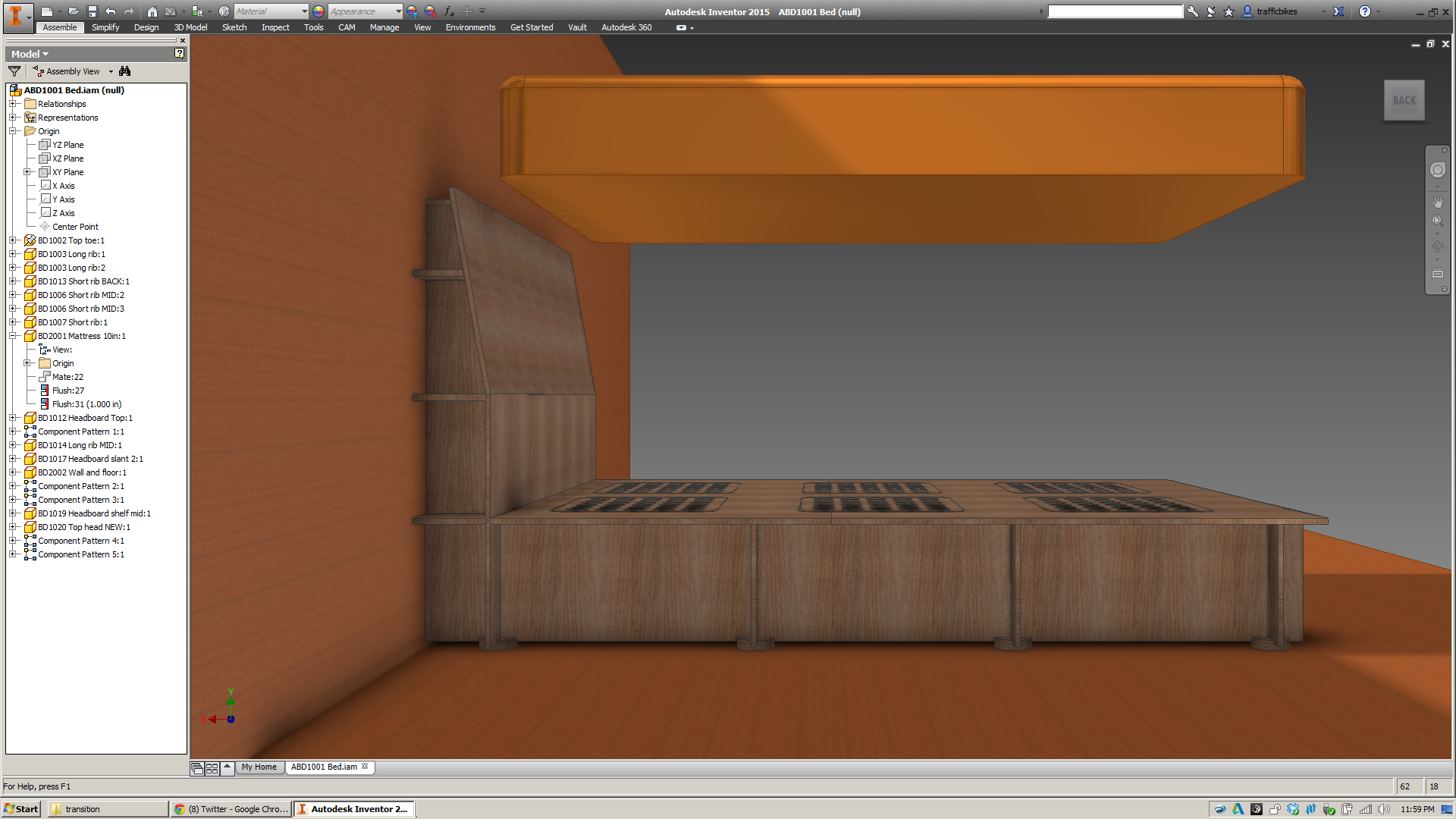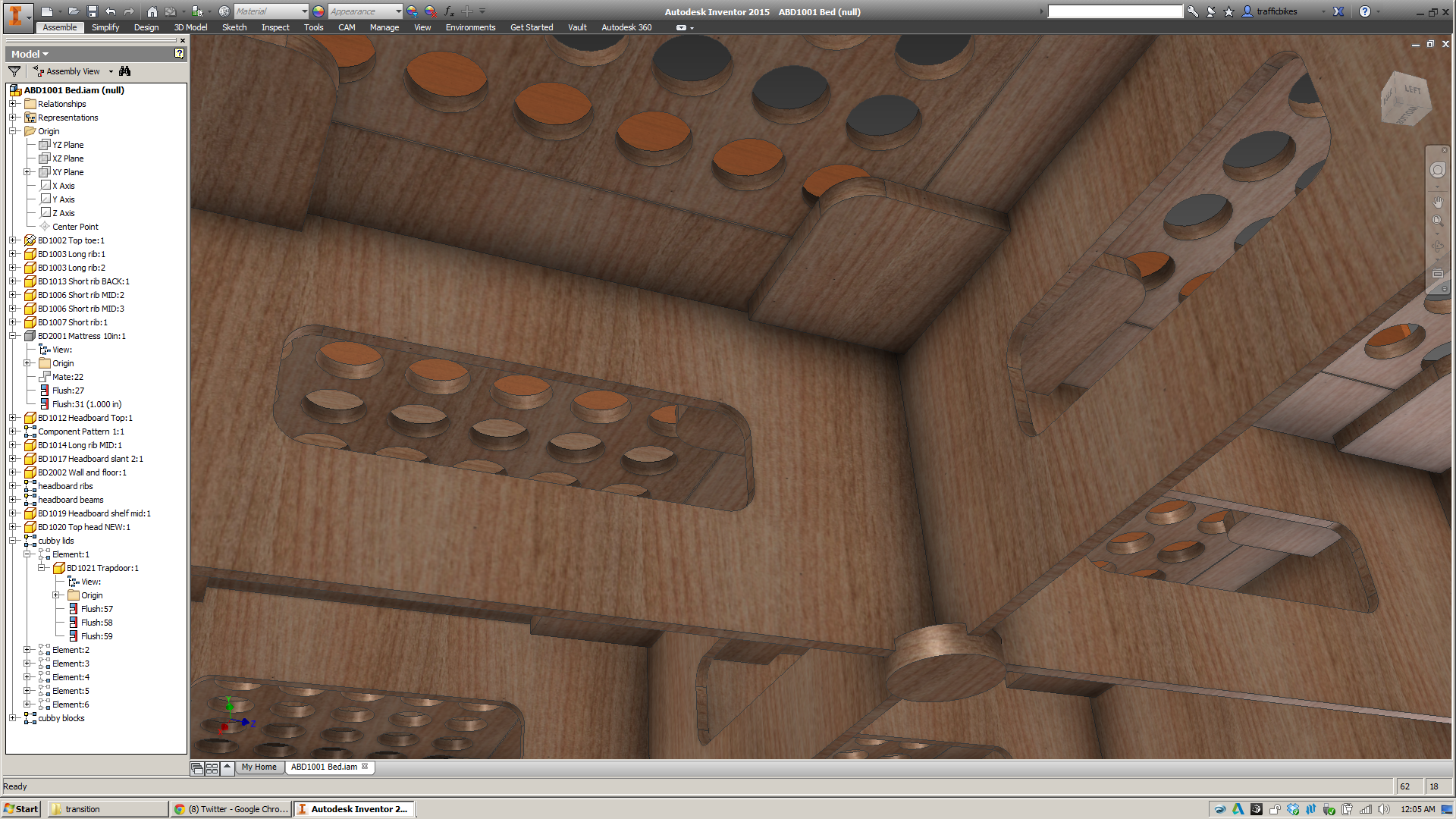A strong argument (by 3M and HBR) against bullet points:
In every company we know, planning follows the standard format of the bullet outline. It fits the way we’re used to writing and presenting information. It’s economical. It reduces complex business situations to a few, apparently clean points. It allows for conversation around the issues and gives presenters the freedom to move, modify, clarify, and revise on the fly. In a sense, the bullet list may be an artifact of the way business takes place in the course of strategic planning: it mirrors the character of meetings and the highpressure pace of the manager or planner who must reduce the complex to the short and clear.
So what’s the problem?
If the language we use in writing strategic planning reports were only a matter of presentation, of the way we package ideas and offer them to others, it would not matter much how we wrote them. But writing is thinking. Bullets allow us to skip the thinking step, genially tricking ourselves into supposing that we have planned when, in fact, we’ve only listed some good things to do.
...
Requiring that a plan have a narrative logic forces to the surface the writer’s buried assumptions about cause and effect. The act of writing a full, logical statement encourages clear thinking and brings out the subtlety and complexity of ideas. Indeed, sometimes we sit down to write believing we have a clear idea, but our difficulty in getting it down on paper exposes the flaws in our thinking.



